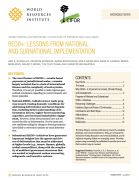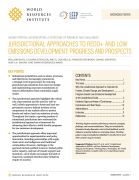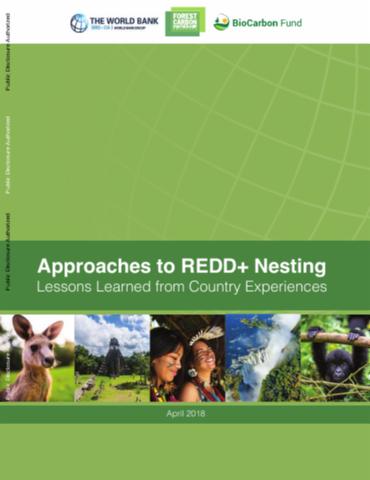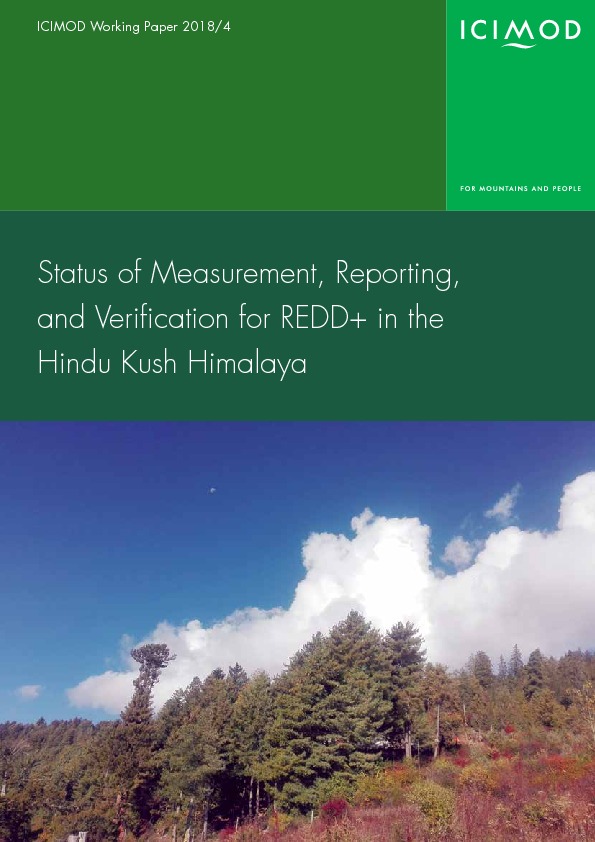Pricing forest carbon
Pricing forest carbon and putting in place the means and channels to pay for it are necessary conditions to achieve the 2030 mitigation goals. Yet, after more than 15 years of discussion, payments for
Pricing forest carbon and putting in place the means and channels to pay for it are necessary conditions to achieve the 2030 mitigation goals. Yet, after more than 15 years of discussion, payments for

The UNFCCC has 24-years of experience of communications of national reports since their first submission. However, the author of this report, with 20-years experience of being involved in the review process,
<p>Timber harvest from tropical regions generates seven billion dollars annually in exports and is estimated to occur across 20% of the area of remaining tropical forests. This timber harvesting is estimated
This working paper aims to bring greater clarity to nontechnical audiences such as climate policymakers by offering a systematic comparison among methods used and forest monitoring results generated by

REDD+—which stands for reducing emissions from deforestation and forest degradation, and the role of conservation, sustainable management of forests, and enhancement of forest carbon stocks in developing

The jurisdictional approach (JA) to REDD+ and low emissions development has gained considerable currency in recent years. As understood here, JA refers to a government-led, comprehensive approach to forest
REDD+ (Reducing emissions from deforestation and forest degradation) is an UN-led programme aiming to increase carbon sequestration in tropical forests. REDD+ is included among technologies for negative

Mitigation of greenhouse gases in the land sector is complex and has a unique set of challenges. The most significant challenges arise from the geographically diffuse nature of the emissions sources (compared

The initiative known as Reducing Emissions from Deforestation and Forest Degradation, Conservation and Enhancement of Forest Carbon and Sustainable Forest Management (REDD+) focuses on avoiding deforestation
<p>Over 100 civil society organisations from 15 states highlight the loopholes in the Centre’s draft National Forest Policy 2018 and demand withdrawl of this draft National Forest Policy, 2018</p>
The Chief Executive of the Forestry Commission, Mr Kwadwo Owusu Afriyie has reiterated the commitment of the Commission to help reduce carbon emissions in Cocoa-forest landscapes through the Ghana Cocoa